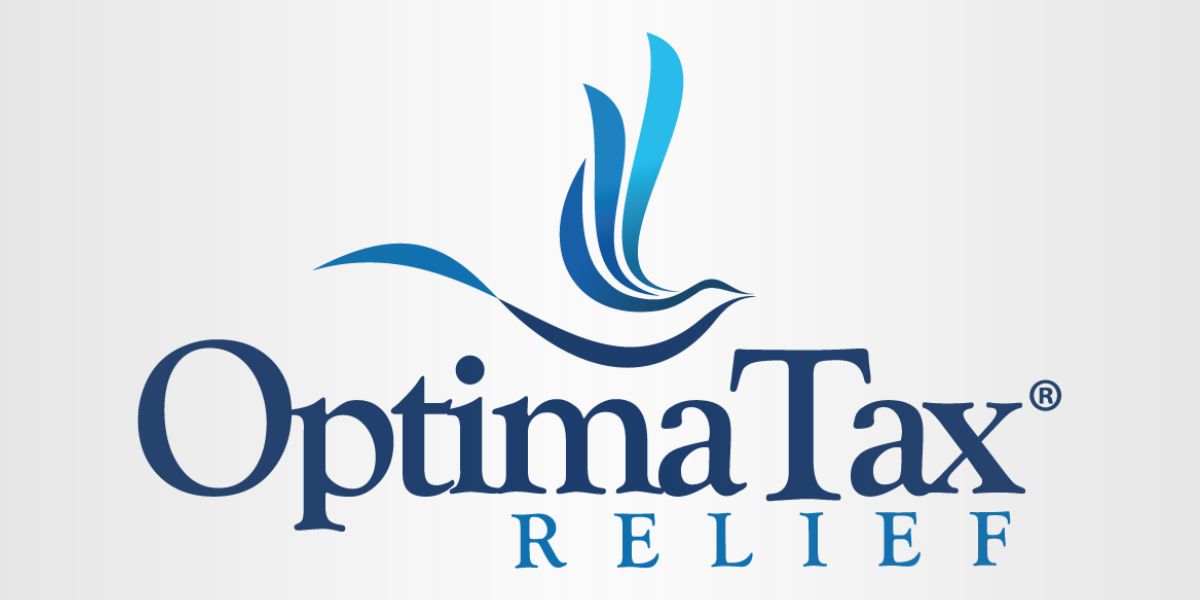Tax scams are, unfortunately, a year-round threat, but they tend to spike around filing season. Whether it’s a fake IRS call demanding payment or a fraudulent tax return filed in your name, falling victim to a scam can feel overwhelming. The good news? There are clear steps you can take to regain control and protect your identity going forward. Optima Tax Relief advises you on what to do if you are a tax scam victim.
Step 1: Recognize the Scam
Tax scams come in many forms, but the common ones include:
- Phishing emails or texts pretending to be from the IRS, tax software companies, or even your tax preparer.
- Fake phone calls claiming you owe taxes and threatening arrest or license suspension if you don’t pay immediately.
- Fraudulent tax returns were filed using your stolen personal information to claim a refund.
- Promises of big refunds by shady tax preparers who inflate credits or deductions illegally.
The IRS will never call or text you to demand immediate payment, threaten you with jail time, or ask for sensitive information over email. If anything seems off, it probably is.
Step 2: Report the Scam
Once you’ve identified suspicious activity, the next step is to report it.
- If you received a suspicious email or text, forward it to
. Do not click on any links or download attachments.
- If you got a suspicious phone call, note the phone number and report it to the Treasury Inspector General for Tax Administration (TIGTA) at www.tigta.gov.
- If you believe someone has filed a tax return in your name, complete IRS Form 14039, the Identity Theft Affidavit. You can file it online through your IRS account or mail it in.
- You should also report tax-related identity theft to the Federal Trade Commission (FTC) at IdentityTheft.gov. They’ll guide you through creating a recovery plan.
Step 3: Protect Your Identity
If you suspect your personal information has been compromised, take immediate steps to safeguard your identity:
- Place a fraud alert with one of the three major credit bureaus (Equifax, Experian, or TransUnion). This makes it harder for scammers to open new accounts in your name.
- Request a credit freeze, which locks down your credit and prevents new accounts from being opened.
- Monitor your credit reports regularly. You’re entitled to a free annual report from each bureau at AnnualCreditReport.com.
- Update passwords for online accounts, especially if the scam involved emails or login credentials.
Consider enrolling in identity theft protection services for additional peace of mind.
Step 4: Work With the IRS
The IRS has a dedicated Identity Theft Protection unit to help taxpayers affected by scams or fraud. If someone has filed a return using your information, the IRS will investigate, and although it may delay your refund, you’ll still receive any money owed to you once your identity is verified. Going forward, the agency will issue you an Identity Protection PIN (IP PIN)—a six-digit number that must be included on your return to prove it’s really you filing. You can also request an IP PIN proactively, even if you haven’t been a victim, by verifying your identity through your IRS online account.
Step 5: Be Vigilant Going Forward
Stay alert once you’ve taken the immediate steps to report and protect. Scammers are always looking for new ways to trick taxpayers, especially around tax season and during periods of major IRS or government changes.
Here are a few ways to stay safe:
- Never provide sensitive information like your Social Security number, bank details, or login credentials in response to an unsolicited email, text, or call.
- Work only with trusted, credentialed tax professionals. You can check the IRS directory of verified tax preparers online.
- File your tax return as early as possible. This prevents scammers from beating you to it using stolen information.
Final Thoughts
Becoming the victim of a tax scam is stressful, but it doesn’t mean you’re powerless. You can recover and prevent future harm by reporting it quickly, securing your identity, and using the IRS’s support tools. And remember: the IRS does not initiate contact with taxpayers by email, text, or social media to request personal or financial information. If something feels suspicious, trust your gut and verify it independently.
Disclaimer: The information provided in this article is for educational purposes only and is not intended as legal, financial, or tax advice. For personalized guidance on addressing tax scams or protecting your identity, please consult with a tax professional or contact the appropriate authorities such as the IRS or FTC.
Published by Liz SD.
















